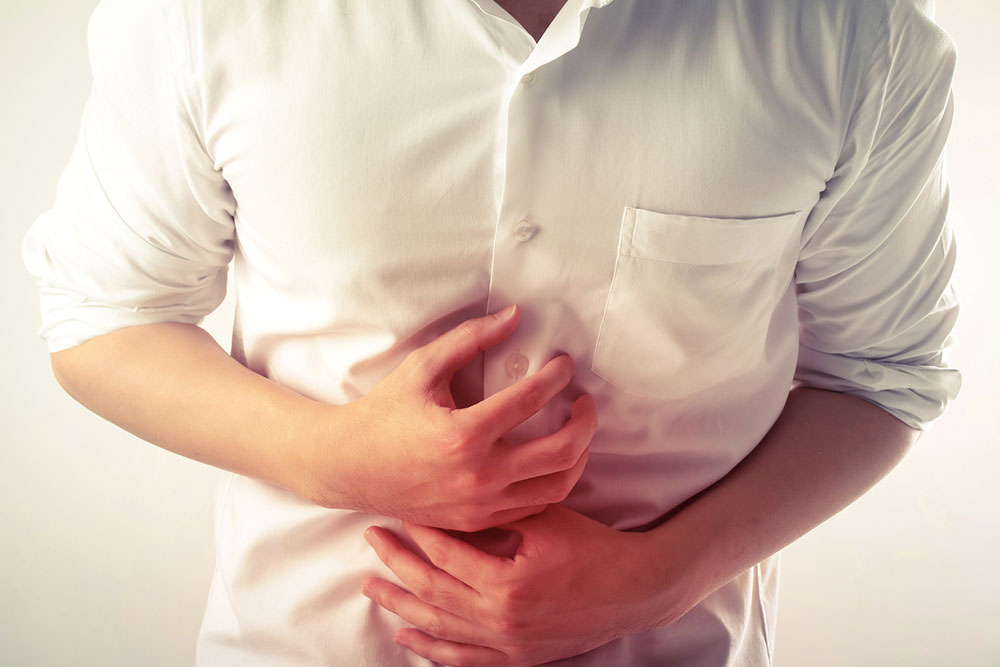7 early symptoms of gastric cancer

Gastric or stomach cancer is a severe condition affecting thousands of individuals yearly. While it often goes undetected in its early stages, recognizing the warning signs is crucial for early intervention and timely treatment. Here are a few early symptoms of gastric cancer that individuals should be aware of. By recognizing these signs, individuals can seek prompt consultation with a healthcare professional, potentially increasing their chances of successful treatment and recovery.
Persistent indigestion and heartburn
One of the earliest signs of gastric cancer is persistent indigestion and heartburn. While occasional discomfort after a large meal is normal, prolonged and recurring indigestion may signal an underlying issue. If an individual experiences frequent heartburn that doesn’t improve with over-the-counter remedies or changes in meals, it’s essential to consult a healthcare professional for a thorough evaluation.
Loss of appetite
A sudden and persistent loss of appetite can be a concerning early symptom of gastric cancer. Individuals experiencing a notable decrease in their desire to eat, especially with other unusual symptoms, should seek medical attention promptly. It’s important to distinguish this from temporary loss of appetite due to illness or stress and consult a healthcare provider for a comprehensive evaluation.
Abdominal pain and discomfort
Persistent abdominal pain, particularly in the upper abdomen, can indicate gastric cancer. This pain may feel dull or sharp and may be accompanied by a sense of fullness or discomfort after eating small amounts. Individuals should not dismiss such pain and consult a healthcare professional for a thorough examination to determine the underlying cause.
Nausea and vomiting
While nausea and vomiting can result from various conditions, they can indicate gastric cancer when experienced in conjunction with other concerning symptoms. Persistent nausea that doesn’t improve with over-the-counter remedies or lifestyle changes, especially when accompanied by vomiting, warrants immediate medical attention for a proper evaluation.
Fatigue and weakness
Persistent fatigue and weakness that do not improve with rest or lifestyle changes can indicate various health issues, including gastric cancer. The body’s increased metabolic demands as cancer cells grow and multiply can lead to a sense of exhaustion. Individuals experiencing unexplained fatigue should consult a healthcare provider for a thorough assessment.
Frequent belching and bloating
While occasional belching and bloating are normal, persistent and excessive occurrences can indicate an underlying issue, potentially gastric cancer. If an individual experiences frequent belching and bloating, especially when accompanied by other concerning symptoms, one must consult a healthcare provider for thorough evaluation and diagnosis.
Jaundice
In advanced cases, gastric cancer can lead to jaundice, which is the yellowing of the skin and eyes. This condition results from the liver’s inability to process bilirubin properly. This yellow pigment is released after red blood cells are broken down. Individuals exhibiting symptoms of jaundice should seek immediate medical attention for a thorough evaluation.



